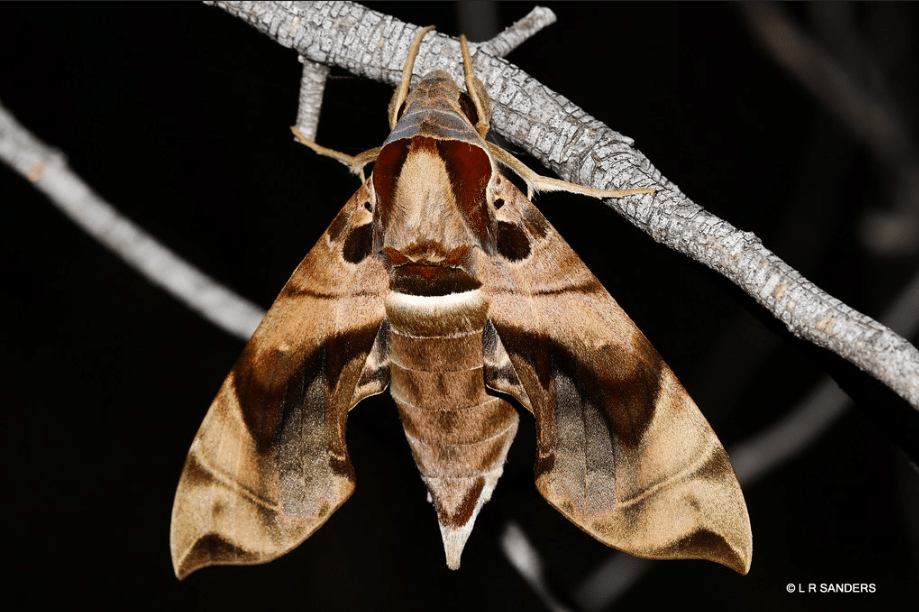You might remember Kalpana—I am happy to report that this year she celebrates her fifth rescue anniversary at Wildlife SOS. Formerly exploited and abused as a ‘begging’ elephant in Uttar Pradesh, Kalpana was rescued in 2019 and brought to the Wildlife SOS Elephant Hospital Campus (EHC) in Mathura for comprehensive...
After over 80 years of use and the deaths of more than 19,000 marine animals, shark nets may soon become a relic of the past as local councils revoke support and make way for a modernised approach that will improve swimmer safety and significantly reduce environmental impacts.
Tonight, the Northern Beaches and Newcastle Councils voted to tell the NSW Department of Primary Industries that they no longer want shark nets deployed on their ocean beaches. They join the majority of local councils participating in the NSW Shark Meshing Program (SMP), Wollongong, Waverly, Randwick calling time on shark nets.
Lawrence Chlebeck, Marine Biologist for Humane Society International Australia (HSI), welcomed the developments, saying the SMP deployed in NSW provides nothing but a false sense of security for ocean users, with 40% of sharks being caught on the beach side of the nets[1]. In fact, during the lifetime of the SMP there have been 34 unprovoked human-shark interactions at netted beaches in NSW[2].
“What a lot of people might not realise is that the nets are not complete barriers, they are only about 150 meters long and 6 meters high and sharks swim over and around them,” said Mr Chlebeck. “The technology is nearly 100 years old, we would never accept safety technology that old in any other facet of our lives, why should ocean safety be any different? It is in everyone’s best interest that the current Shark Meshing Program is done away with and HSI is pleased to see that attitude being reflected at the local council level.”
NSW’s Shark Meshing Program, currently consisting of 51 shark nets spanning from Newcastle to Wollongong, has hardly been updated during its operation despite significant technological and scientific advancements that have been tested and proven effective in NSW.
Then, there is the cost to marine wildlife. Since 2012 the NSW Shark Meshing Program has caught nearly 3000 marine animals, including threatened species of dolphins, whales, and turtles, killing over 1600 (56%)[2]. Images of non-target species caught in the Shark Meshing Program, obtained via FOI, are available here.
Dr Leonardo Guida, a shark scientist with the Australian Marine Conservation Society, said: “We’ve got modern solutions to beach safety like drones that don’t drown our iconic wildlife, can spot sharks in advance, and have a big added bonus of spotting people at risk of drowning – the biggest danger at our beaches. Why persist using 80-year-old methods?”
Solutions including drone surveillance, SMART drumlines, personal shark deterrents, and accessible education programs, are alternatives that are not only more technologically advanced but are also designed with nearly a century of advancements in understanding shark behaviour in mind (see notes to editor for more information).
“Our understanding of the way sharks interact with their environment has come such a long way since the Shark Meshing Program began. Modern solutions are going to be more effective because they work in conjunction with what we know about sharks. Shark nets are nowhere near as refined, and for that reason alone are less effective than the alternatives. We can protect ocean beach users without needlessly killing marine wildlife, I’d call that a win-win,” concluded Mr Chlebeck.
Images and infographics available here.
A full list of the Council motions is available here.
Speech transcripts from Lawrence Chlebeck and Layne Beachley, who addressed Northern Beaches Council before their vote, are available here.
Notes to editor:
1. Drones and SMART drumlines have been trialed in NSW with successful results https://www.sharksmart.nsw.gov.au/technology-trials-and-research/smart-drumlines
2. Information on public attitudes toward shark control technology is available here showing community sentiment favoured discontinuing the shark nets https://www.sharksmart.nsw.gov.au/technology-trials-and-research/social-research
References:
[1] McPhee, D. 2012. Likely effectiveness of netting or other capture programs as a shark hazard mitigation strategy in Western Australia
[2] https://www.sharksmart.nsw.gov.au/shark-nets


